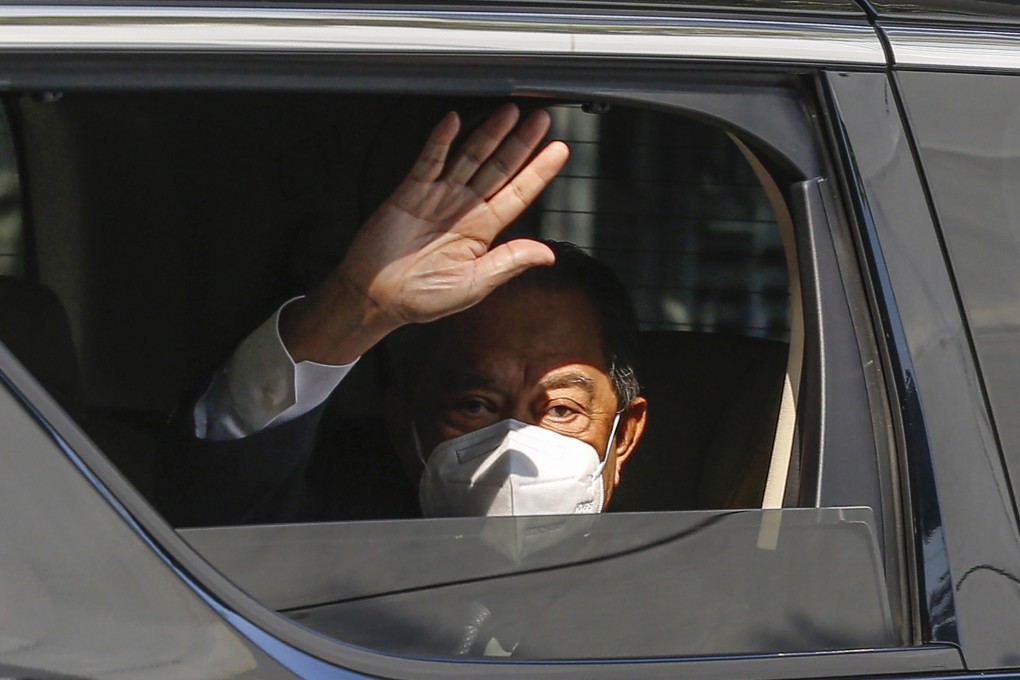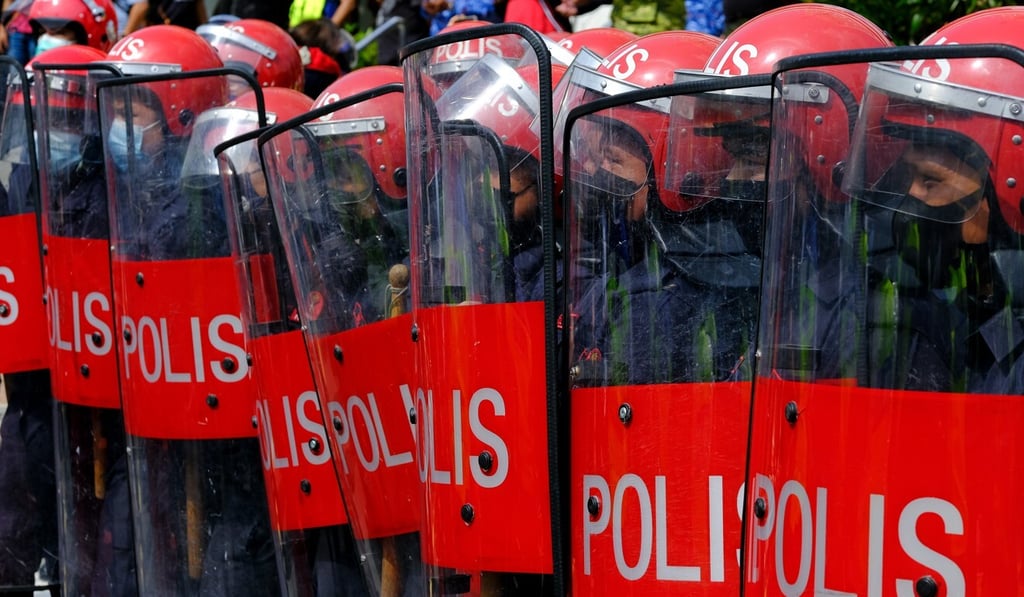Opinion | As ‘pandemic premier’ Muhyiddin survives yet again, what’s next for him – and Malaysia?
- The prime minister is still the prime minister even after royal rebukes, opposition protests, youth demonstrations and a loss of support
- While many believe Muhyiddin’s days at the helm are numbered, Mahathir’s reinvention shows political memories are short. Can the current PM do the same?

In the past few days – and following the insistence last month of the king, Sultan Abdullah Sultan Ahmad Shah – the Malaysian parliament was called for an extraordinary sitting. Amid the shouting and name-calling from the opposition, a bomb was dropped: de facto law minister Takiyuddin Hassan declared that the pandemic-related state of emergency had been lifted five days before parliament convened.

The early revocation of the emergency annihilated all hope for lawmakers to debate, let alone vote against, any of the ordinances that derived from the extraordinary powers given to Muhyiddin by royal green light in January – and potentially show the prime minister lacked the support of the parliamentary majority he needs to stay in power.
Sultan Abdullah’s response was to issue a statement of disapprobation that the state of emergency had been revoked without his consent. Amid royal protestations and allegations that the government had orchestrated an unconstitutional move, the opposition called for Muhyiddin to resign – leading to an avalanche of political shifts amid calls for a new government. For a few days it seemed as if many were celebrating the demise of the prime minister’s political career, but he has refused to back down.
